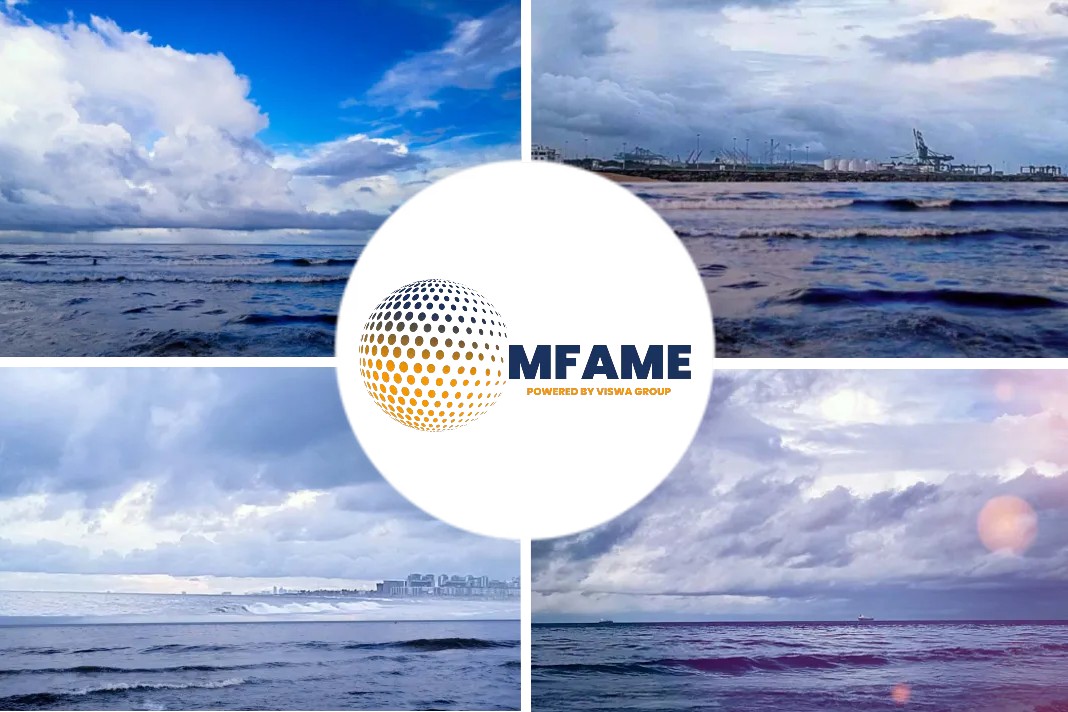Ocean carriers and marine terminals would be subject to stricter — and potentially costlier — billing requirements when they charge shippers for late containers under a proposal by the Federal Maritime Commission, reports American Shipper.
The billing practices
The FMC’s 58-page proposed rule on demurrage and detention billing requirements, scheduled to be posted in the Federal Register next week, “seeks to bring more clarity, structure, and punctuality” to the billing practices of vessel operating common carriers (VOCCs), non-vessel-operating common carriers (NVOCCs) and marine terminal operators (MTOs), the agency stated on Friday.
Carriers and container terminals charge demurrage when full containers have not been picked up by customers — taking up valuable terminal space — within a certain number of days. Detention is charged when the customer is late returning the empty container to the terminal.
However, the cargo surge over the past two years resulted in a significant increase in demurrage and detention charges. Between 2020 and 2022, the FMC noted, nine of the largest carriers serving the U.S. container trades individually charged a total of approximately $8.9 billion in demurrage and detention and collected approximately $6.9 billion.
Stricter requirements aimed at shipper relief
The proposed rule, which incorporates information gathered from comments to a preliminary proposal earlier this year, requires VOCCs, NVOCCs, and MTOs to include certain minimum billing information on detention and demurrage invoices. The billing parties would be required to issue the invoices to billed parties within 30 days from the date charges stop accruing.
“Although the proposed 30-day timeframe is shorter than the 60-day timeframe [currently required], commenters reported that demurrage or detention invoices generally arrive within the 30-day timeframe,” the FMC noted, adding that customer portals and electronic payment systems can make invoices available immediately when charges stop accruing.
The proposal would void charges to billed parties contained in invoices issued after the 30-day deadline. “Without such a provision, there would be no consequence for not meeting the 30-day timeframe,” according to the FMC. Charging parties would also have to provide 30 days to dispute the charges “with clear information about how charges should be disputed.”
The FMC is also proposing that demurrage and detention bills be issued only to parties with whom the carriers and terminals have a contractual relationship.
The provision was incorporated after shippers told the agency they preferred not to receive invoices from marine terminals because they have no contractual relationship with them — even though other shippers wanted MTOs to be required to bill them directly to avoid additional fees from the carriers when they pass through such charges.
Drayage truckers may have been pivotal to getting the provision included, based on comments they submitted to the earlier proposal. “Motor carrier commenters expressed concern that billing parties frequently invoiced motor carriers, who have no contractual relationship with the billing parties,” the FMC stated.
Even though that’s the case, the Association of Bi-State Motor Carriers asserted that billing parties sometimes threaten to prevent drivers from picking up or dropping off containers due to disputes with one of the trucking company’s customers — which can mean the trucking company must cover the disputed charges so that it can continue to serve its other customers.
By incorporating this provision, FMC stated, drayage operators “would no longer be responsible to pay such charges or risk business relationships with their other customers if one customer disputes those charges.”
Added costs for carriers and terminals?
The stricter billing requirements may also come with a price tag, according to the FMC. Imposing a 30-day deadline to issue an invoice from when demurrage and detention charges stop accruing could result in a loss of revenue to the billing party, the agency stated.
In addition, new minimum billing information requirements “may require the billing party to collect additional information and change its billing information technology system to include all the required information on invoices.”
The FMC pointed out that VOCCs and MTOs — not NVOCCs, which tend to be smaller companies — would see most of any additional costs associated with the rulemaking, because VOCCs and MTOs commonly assess demurrage and detention charges. “In most cases, NVOCCs pass through detention and demurrage charges billed to them on invoices generated by VOCCs or MTOs,” FMC stated.
“Accordingly, NVOCCs should receive the minimum billing information required by the proposed rule from either the VOCC or MTO issuing the invoice. For these reasons, the chairman of the Federal Maritime Commission certifies that if this rule is promulgated, it would not have a significant economic impact on a substantial number of small entities.”
Did you subscribe to our daily Newsletter?
It’s Free! Click here to Subscribe
Source: American Shipper
















